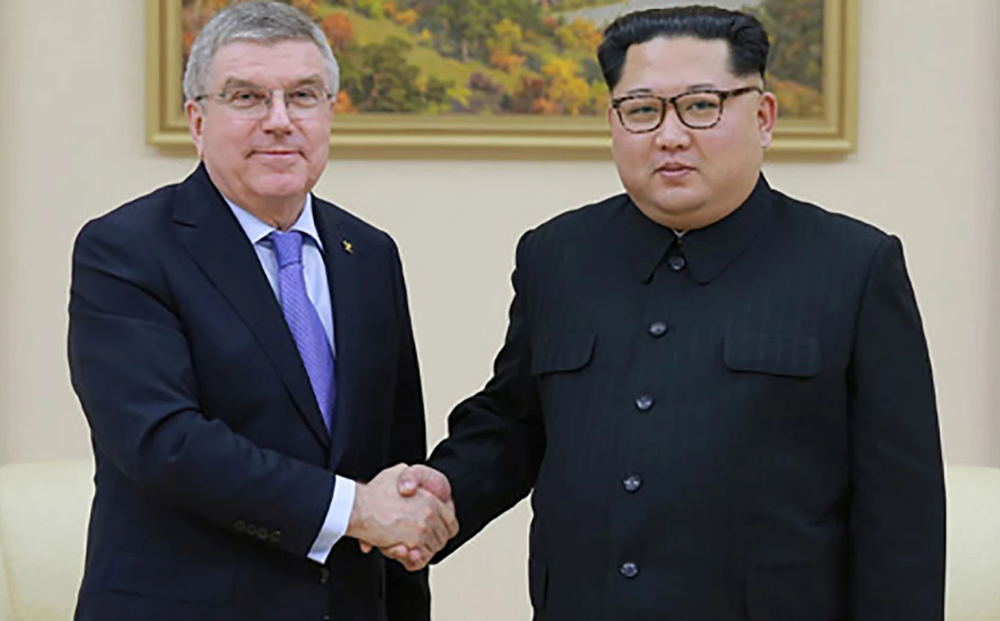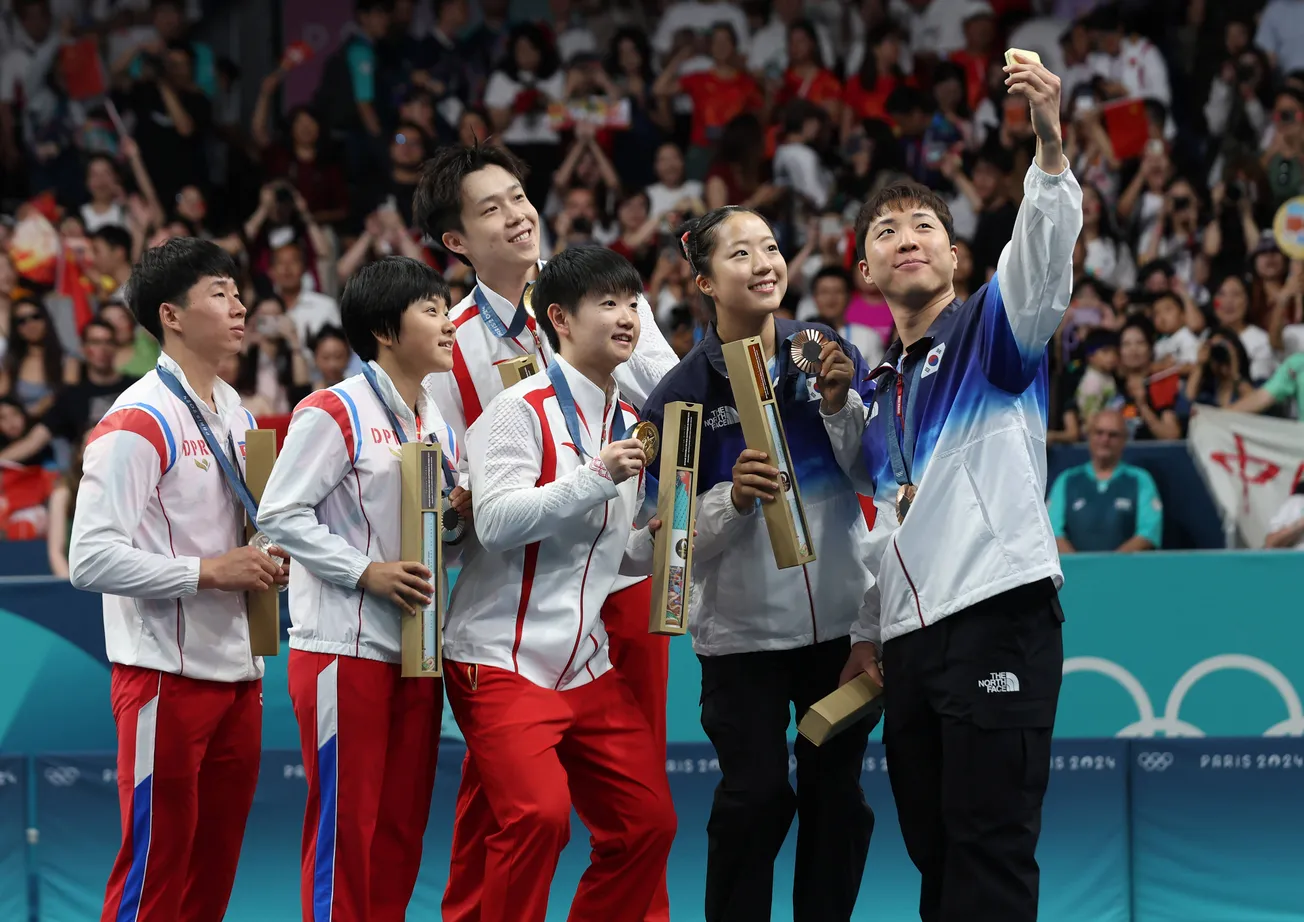By Seulkee Jang*
North Korean athletes who competed in the Paris Summer Olympics are being scrutinized for any ideological shortcomings in Pyongyang, Daily NK has learned.
Speaking anonymously, a high-ranking source in Pyongyang told Daily NK on Wednesday that the athletes and members of the North Korean Olympic committee have been undergoing an ideological review in Pyongyang after returning home on Aug. 15.
In North Korea, it is typical for athletes who participate in international competitions to undergo three rounds of assessment. These assessments are conducted by the Central Committee of the Workers’ Party of Korea, the Ministry of Physical Culture and Sports, and the athletes themselves. This year’s Olympic athletes are no exception.
"The assessment begins the moment the athletes return home. They have to ‘scrub’ their ideology as soon as possible," the source explained. The reference to "ideological scrubbing" reflects how, in North Korea, simply spending time overseas is thought to "contaminate" people in the form of exposure to nonsocialist cultures.
No stone left unturned
The first assessment is managed by the sports bureau of the Central Committee’s Propaganda and Agitation Department.
The assessment investigates the athletes’ behavior from an ideological perspective when they leave the country for the Olympics until they return. Officials aim to uncover any behavior that contradicts party directives or propaganda, and punishment is administered for any problematic behavior.

Before setting out for the Paris Olympics, the athletes were forbidden to contact any foreign athletes, including South Korean athletes. As a result, athletes found to have violated that prohibition may be punished.
The first assessment is followed by one conducted by the Cabinet’s Ministry of Physical Culture and Sports. This investigation assesses the athletes’ performance compared to past international events, and decisions are made on whether they receive commendations.
Athletes who perform poorly may face criticism and even punishment. In the past, athletes who have failed to meet expectations have been sentenced to several months of unpaid labor.
After these two investigations, the athletes conduct mutual criticism and self-criticism. During public struggle sessions, the athletes confess their inappropriate behavior and criticize the wrong-headed words and actions of other athletes they witnessed during the Olympics.






